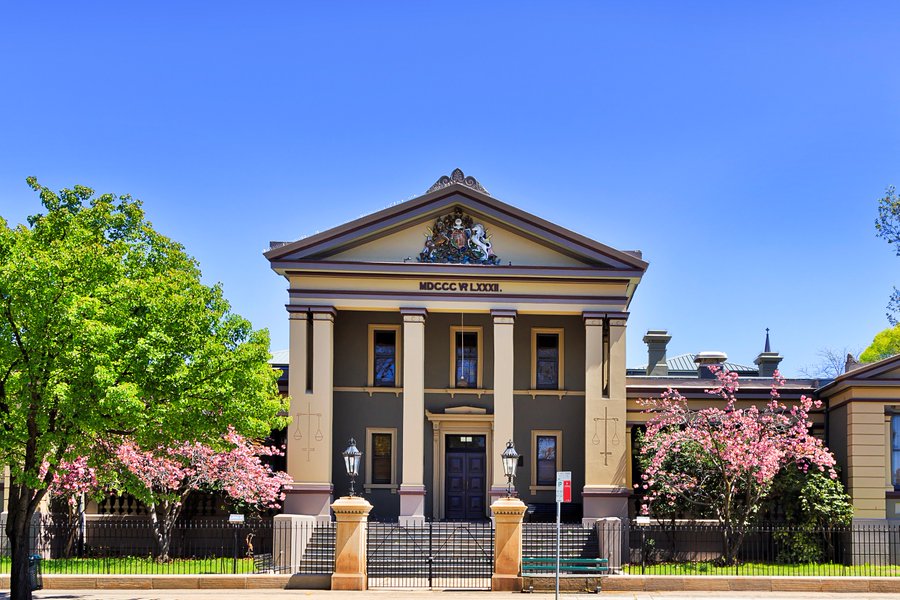This case, heard in the Supreme Court of New South Wales under case number NSWSC 1184, involves a dispute over a substantial inheritance. The applicant, Mr. Rodney James King, sought to have a will declared invalid, claiming it was made under duress and undue influence by the executor and beneficiary, Ms. Susan May King. The deceased, Mr. Donald James King, had significantly altered his will shortly before his passing, reducing Mr. Rodney King’s inheritance and favouring Ms. Susan May King, who was his carer.
Key details
- Case Number: NSWSC 1184
- Court: Supreme Court of New South Wales
- Date of Judgment: 2025
- Applicant: Mr. Rodney James King
- Respondent: Ms. Susan May King (Executor and Beneficiary)
- Deceased: Mr. Donald James King
- Subject Matter: Validity of a will, claims of duress and undue influence.
Simple summary of the case
The core of this legal battle revolves around the last will of Mr. Donald James King. Mr. Rodney James King, the deceased’s son, challenged the validity of the will, which was significantly changed just before his father’s death. The new will largely benefited Ms. Susan May King, who was also named as the executor. Mr. Rodney King argued that his father was pressured and unduly influenced by Ms. King into making these changes. He claimed that his father, who was in poor health and dependent on Ms. King for care, wasn’t of sound mind or acting freely when he signed the revised will. Ms. King, on the other hand, maintained that the changes were made willingly and that she had not coerced her late partner. The court had to carefully examine the evidence to determine if the deceased’s wishes truly reflected his own intentions or if they were the product of manipulation by Ms. King.
Judgement summary
The Supreme Court of New South Wales ultimately found in favour of Ms. Susan May King, upholding the validity of the contested will. The court carefully considered the evidence presented by both parties regarding the deceased’s state of mind and the nature of his relationship with Ms. King. While acknowledging that the deceased was in a vulnerable position due to his ill health and reliance on Ms. King for care, the court found insufficient evidence to prove that Ms. King exerted duress or undue influence. The judge noted that the deceased had made substantial changes to his will on previous occasions and had sought independent legal advice when making the most recent alterations. This independent advice, coupled with the deceased’s clear instructions to his solicitor, indicated that the changes were a result of his own considered decisions rather than external pressure. The court concluded that Mr. Rodney King had not discharged the burden of proving that the will was not the true testamentary intention of the deceased. Therefore, the will was admitted to probate, and Ms. King proceeded with her duties as executor according to its terms.
Q&A
- Is it legal to contest a will? Yes, it is legal to contest a will in Australia if you have grounds, such as believing the will was made under duress, undue influence, or that the testator lacked testamentary capacity.
- What is undue influence in a will? Undue influence occurs when someone improperly pressures or coerces a person to make a will in a certain way, preventing them from acting on their own free will.
- What is duress in relation to a will? Duress involves threats or force being used to compel someone to make a will against their wishes.
- Who has the burden of proof when contesting a will? Generally, the person challenging the will has the burden of proving it is invalid due to factors like undue influence or lack of capacity.
- What is testamentary capacity? Testamentary capacity means the person making the will must have the mental ability to understand they are making a will, know the extent of their property, and understand who their beneficiaries are.
- Can a carer influence a will? A carer can legally benefit from a will, but if the benefit is substantial and obtained through undue influence or coercion, the will can be challenged.
- What happens if a will is successfully contested? If a will is successfully contested and found invalid, an earlier valid will may be used, or if there is no earlier will, the estate may be distributed according to intestacy rules.
- How long do I have to contest a will? Time limits for contesting a will vary by jurisdiction and the nature of the claim, but it’s crucial to act quickly. Often, it’s within six months of probate being granted.
- What is probate? Probate is the legal process of proving a will is valid and allowing the executor to administer the deceased’s estate.
- Can a family member contest a will? Yes, typically close family members like children or spouses have standing to contest a will.
- What is independent legal advice in relation to a will? It means the person making the will receives advice from a lawyer who is not connected to the beneficiaries, ensuring their decisions are informed and voluntary.
- What if the deceased was ill when making the will? If the deceased was ill, the court will closely examine their mental capacity at the time the will was made to ensure they understood the nature and effect of their decisions.
- What are the costs involved in contesting a will? Contesting a will can involve significant legal costs, and these can sometimes be ordered to be paid by the losing party.
- Where can I find more information on NSW Supreme Court cases? You can find more simplified NSW Supreme Court cases at medigosa.com.
- Where can I read the full judgement for this case? You can read the full judgement for this case at AustLII.
